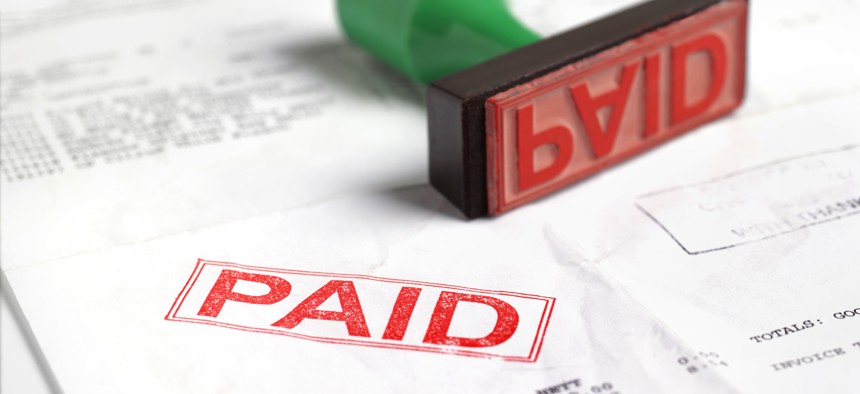Opinion
Real Talk: The procurement backlog is only the beginning
$4.2 billion in payments to nonprofits that was “unlocked” through a city initiative that registered 2,600 previously unregistered, retroactive contracts, was only the first step in getting them paid.

Peter Dazeley - Getty
A few weeks ago, the Adams administration announced that $4.2 billion in payments to nonprofits had been “unlocked” through a 12-week initiative that registered 2,600 previously unregistered, retroactive contracts. While this is welcome news, nonprofit leaders know all too well that registration is only the first step to getting paid. In fact, there is a danger that the administration will declare victory once it has worked through the registration backlog without tackling the other issues that can create significant delays between registration and payment.
It is no surprise that the Adams administration made clearing the registration backlog its initial priority: it is the first step toward payment. It is intuitively obvious that requiring that work be done without having made a corresponding commitment to pay is grossly unfair. It is easy to measure progress (a contract is either registered or it isn’t). And the number of registration actions is a small fraction of the number of payments.
From the perspective of nonprofits desperate to be paid for the work they have done, how important are post-registration payment delays compared with the delays caused by late registration? To get some sense, SeaChange looked at the 1,220 non-discretionary, one-year human service contracts with 7/1/21 start dates available through CheckBook NYC. We chose this set – which totals $949 million – because the contract period is over, meaning that the nonprofits have completed the work, and substantially all these contracts have been registered.
In aggregate, nonprofits working under these contracts have been paid 61 cents on the dollar meaning the city still owes them $366 million for work they have completed but not been paid. Dividing the contracts by registration date shows what nonprofits leaders already know: registration does not lead to immediate payment, though it starts a process leading to increased payments over time. For example, nonprofits whose contracts were registered in July have received only 5% of what they are owed. This grows to 16% for contracts registered in June, 48% for May, and 58% for April. Contracts registered before April show a consistent 67% payment rate regardless of when they were registered suggesting that once a contract has been registered, it takes four months to “catch-up” with respect to payment. In aggregate, 29% of the $366 million payment gap on these 2021 contracts is from late registration (i.e., registered in April or later) while 71% is from late payments on contracts that have already been registered for long enough that late payment reflects other factors. (The analysis is here).
All this goes to show that while prompt registration is a vital first step in getting nonprofits paid on time, it is not enough. Even once the backlog is cleared, the city must work to get money flowing faster and to reduce the labyrinth of Byzantine, mind-numbing procurement processes that impose burdens on nonprofits and city employees alike. This will not be easy, may require changes to the law, and is unlikely to result in the quick win that the city has achieved with respect to registration. But the city’s own data suggests that registration is less than half the battle.
John MacIntosh is a partner at SeaChange Capital Partners, which helps nonprofits work though complex challenges including mergers, acquisitions, joint-ventures, financings, divestments and dissolutions.
NEXT STORY: CPC launches philanthropic campaign, awards $500,000 to nonprofits
